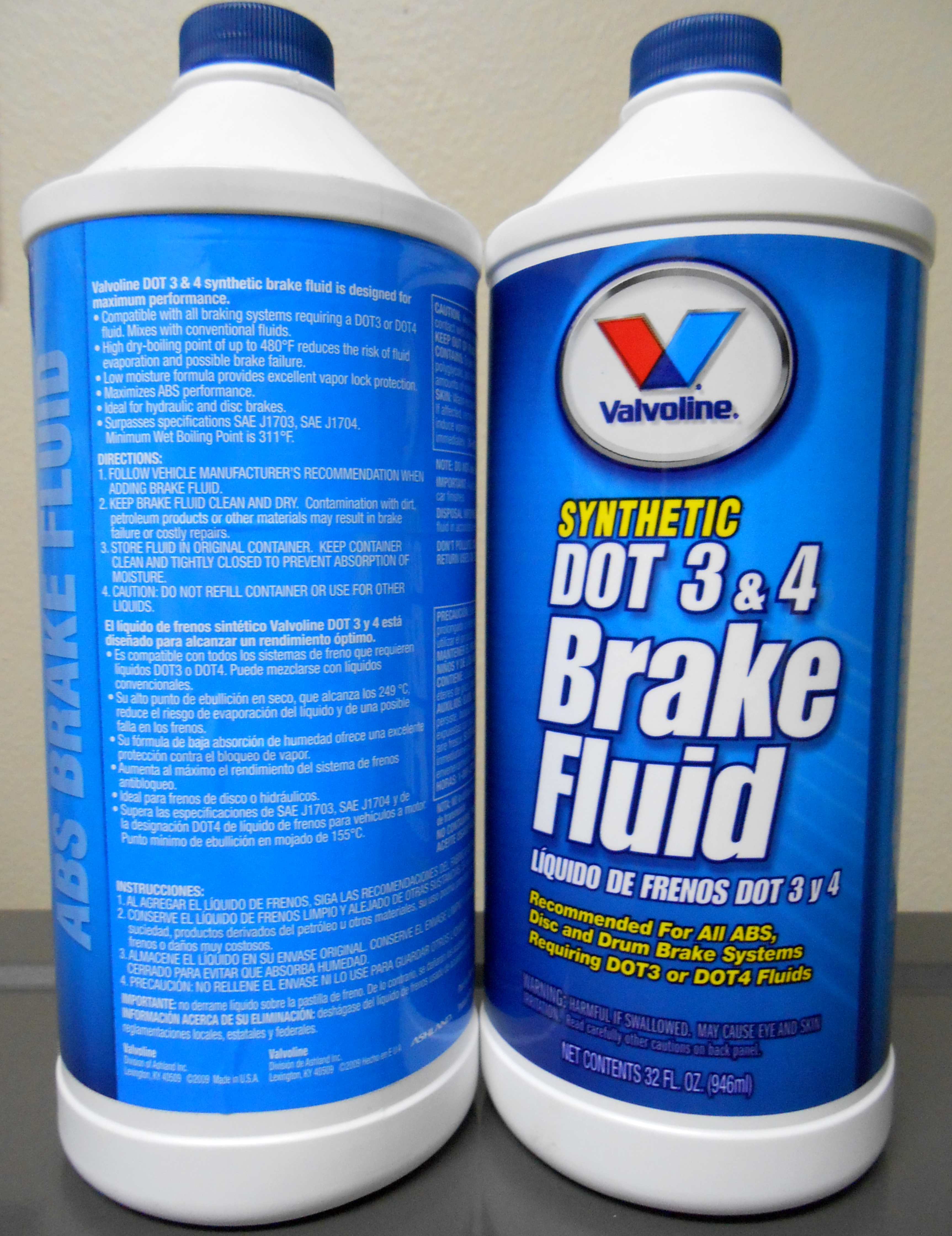

Diuretics also help reduce this pressure by making you urinate, which eliminates fluid.

If a doctor suspects you may have pulmonary edema, they may look for fluid in your lungs or symptoms caused by it. If you may have pulmonary edema, you should not drive yourself to the hospital. Call 911 or your local emergency services or have someone drive to you the hospital. You may need emergency assistance if these symptoms start to get worse. difficulty walking uphill and on flat surfaces.shortness of breath after exertion and during rest.Pulmonary edema due to altitude sickness, or not getting enough oxygen in the air, will have symptoms that include: edema, or swelling in the lower part of the body.rapid weight gain, especially in the legs.waking up at night with a breathless feeling that goes away when you sit up.shortness of breath when physically active.The symptoms of long-term pulmonary edema include: Symptoms depend on the type of pulmonary edema. Symptoms may continue to worsen until you get treatment. This is due to the increasing fluid in the lungs preventing oxygen from moving into the bloodstream. In cases of pulmonary edema, your body cannot gain oxygen effectively. lung damage caused by inhalation of toxins.Some external factors can also put pressure on the heart and lungs and cause pulmonary edema. severe sepsis of the blood, or blood poisoning caused by infection.

leaking, narrowed, or damaged heart valves.Other less common medical conditions that can cause pulmonary edema include: This deprives the rest of the body of oxygen. But when fluid fills your lungs, they cannot put oxygen into the bloodstream. Typically, the lungs will take oxygen from the air you breathe and put it into the bloodstream. This creates a backup of pressure in the small blood vessels in the lungs, which causes the vessels to leak fluid. Heart failure happens when the heart can no longer pump blood properly throughout the body.

Congestive heart failureĬongestive heart failure (CHF) is a common cause of pulmonary edema. Look out for yourself and one another and enjoy the night.Several possible health conditions and external factors can cause pulmonary edema. Do not push or barge past people even when things get hectic on the dance floor. All information will be treated with privacy and confidentiality. We have implemented the use of a safe word: if you need assistance, ask for ‘angela’ at the bar or tell the safe word to any member of our team and you will be helped right away.If something or someone makes you feel uncomfortable or unsafe look for our awareness team members (wearing a recognizable shirt) or for any member of the was.Ask for someone’s pronouns politely when being introduced. Ask, don’t assume, sexual preferences, genders or pronouns.We have zero tolerance for racist, homophobic, transphobic, sexist, fatphobic, machist, ableist words and actions, as well as any form of bodyshaming.FLUID wants to be a safer space for everyone: don’t judge other people’s expression of gender and sexuality.We are aiming to make FLUID a safer place, with among others the following rules of conduct:


 0 kommentar(er)
0 kommentar(er)
